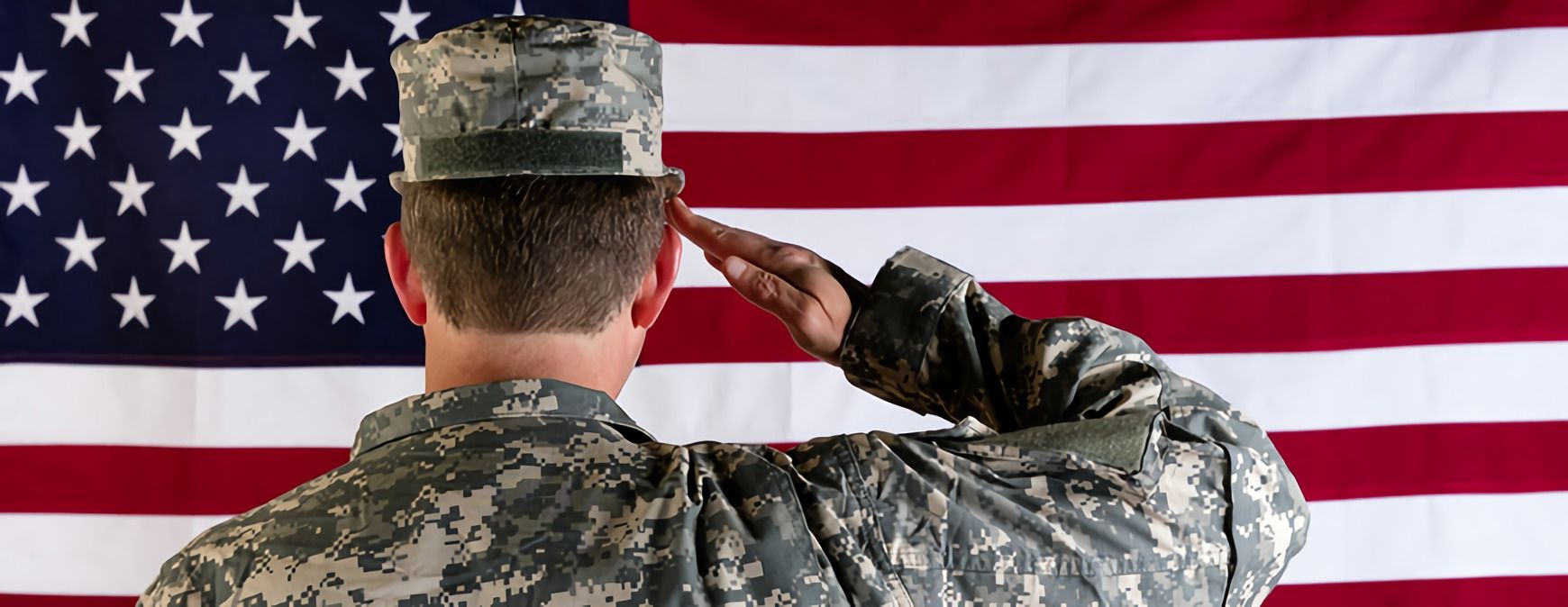
Skilled trades such as HVAC offer great opportunities for veterans to transition from a military to a civilian career. Many skilled trades careers require skills and knowledge that are also needed in the military, such as critical thinking or multi-limb coordination. As skilled workers are beginning to retire and this trend is predicted to continue, many industries are going to need workers to replace them. This is good news for veterans looking for a reassuring start in a civilian career field.
Here are some jobs in the skilled trades those looking for a new career to consider.
HVAC Technician

HVAC technicians install, maintain, and repair HVAC systems. This is a good career for veterans who are knowledgeable about mechanics, physics, and design. The job of an HVAC tech also demands finger dexterity, visualization, and near vision – skills that are also important in the military. For more access to job opportunities, veterans should consider enrolling in refrigeration training. 1 Employers typically prefer applicants with post-secondary education and experience.
Electrician

Electricians work to install, operate, repair, and maintain electrical systems. Wiremen are responsible for indoor electrical operations while linemen focus on outdoor electrical structures. Many of the skills that are required in the military are transferrable to the electrical industry, such as troubleshooting, and critical thinking, as well as judgment and decision making. Electricians must also have knowledge about building and construction, mechanics, math, and design. 2 Electrician training can help you further hone those skills and deepen your knowledge.
Get Started on the Path to a New Career
Fill out our form to learn how we can help you change your life.
Welder

Welders use welding torches or cutting equipment to shape or join metal parts. They also fill holes, indentations or seams of metal products. Since this is a physical job that demands concentration, welders must bring arm-hand steadiness, near vision, control precision, and multi-limb coordination. Service people often need these abilities, too, so welding could be a great civilian career for a veteran to transition. Other required sills include critical thinking and reading comprehension. Welders also ought to know about raw materials, production processes, mechanics, math, and design. 3
Solar Panel Technician

A solar panel technician is responsible for the assembly, installation, maintenance, and repair of solar or photovoltaic panels. To work in this field, you should know about mechanics, design, building and construction as well as customer service. The skills required for this job range from active listening and critical thinking to office software. 4 This profession is a subset to electro-mechanical training which instructs you in the fundamentals of solar technology and photovoltaic science, preparing you for a promising transition into a civilian career field that is growing rapidly. Jobs in clean energy, including solar, is set to grow in the coming years. 5
Any of these four careers are a great way to apply your skills and knowledge from your service time to a new career in civilian life. Whether you decide to become an HVAC technician, an electrician, a welder, or a solar panel technician, a skilled trades career can give you job security, advancement opportunities, and good wages after you leave the military.
Additional Sources
1 – https://www.onetonline.org/link/summary/49-9021.01
2 – https://www.onetonline.org/link/summary/47-2111.00
3 – https://www.onetonline.org/link/summary/51-4121.06
4 – https://www.onetonline.org/link/summary/47-2231.00
5 – https://www.nytimes.com/interactive/2017/04/25/climate/todays-energy-jobs-are-in-solar-not-coal.html
This blog has been labeled as archived as it may no longer contain the most up-to-date data. For a list of all current blog posts, please visit our blog homepage at https://www.rsi.edu/blog/

